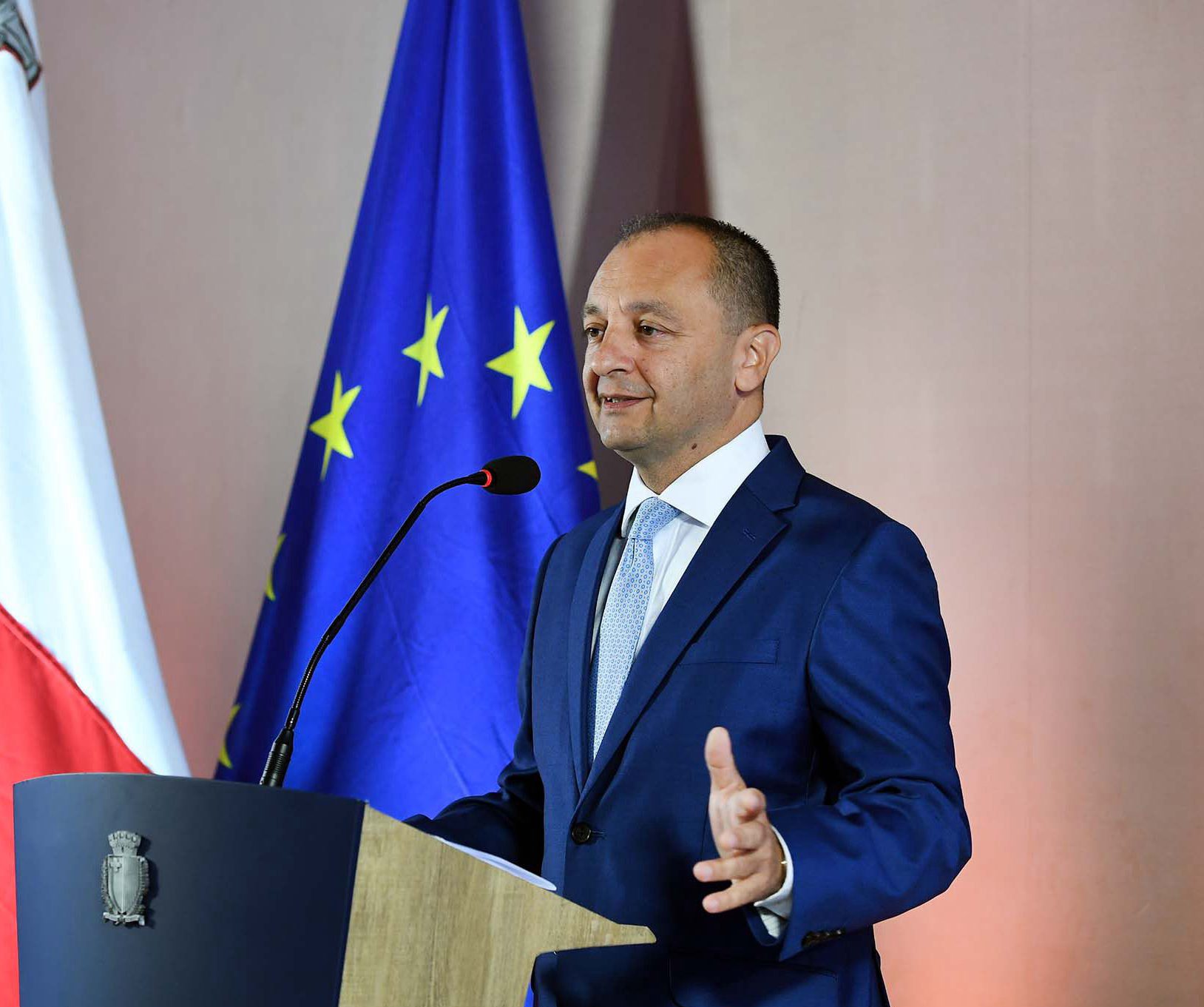In recent months, the Department of Industrial and Employment Relations (DIER) has intensified its enforcement of employment agencies responsible for bringing foreign workers to Malta.
In a press release issued by the Parliamentary Secretariat for Social Dialogue, it was said that due to this increased scrutiny, 30 companies were found to be operating outside of legal compliance. More than 80 per cent of these companies were given a deadline to meet legal requirements, and the majority complied within the stipulated time. However, legal action was taken against those that failed to regularise their operations.
During a recent meeting, DIER General Director Diane Vella Muscat discussed the department’s efforts, highlighting that over the past year, DIER had brought 55 legal cases to court. In the first six months alone, the department collected €1,037,000 from agencies, which was then distributed to workers awaiting payment.
The meeting also served as a platform for discussions on the way forward, with input from unions, DIER officials, and various employment agencies.
Parliamentary Secretary for Social Dialogue, Andy Ellul, was also present. He remarked on how social partners and stakeholders in the sector are pleased with the regulations that came into force in June, which have encouraged more responsible practices.
“We must ensure that these jobs not only provide increased value for employers through enhanced productivity but also lead to better salaries and improved working conditions in our country. Social justice must remain a priority, ensuring that no one is left behind and that everyone has the opportunity to achieve their goals. This will also help maintain a healthy balance between work and personal life,” said Dr Ellul.
Windows 10 support ends tomorrow: Maltese businesses face cybersecurity and cost challenges
Continuing to use Windows 10 carries a 'huge risk'
From halls to packed streets: How tomobla is reinventing itself for a new generation
Eyes down, marker held strong, and hopes high!
Malta’s milk heritage celebrated in new book
The book 'captures the rich heritage and evolving story of a product that has nourished generations and shaped local traditions'






